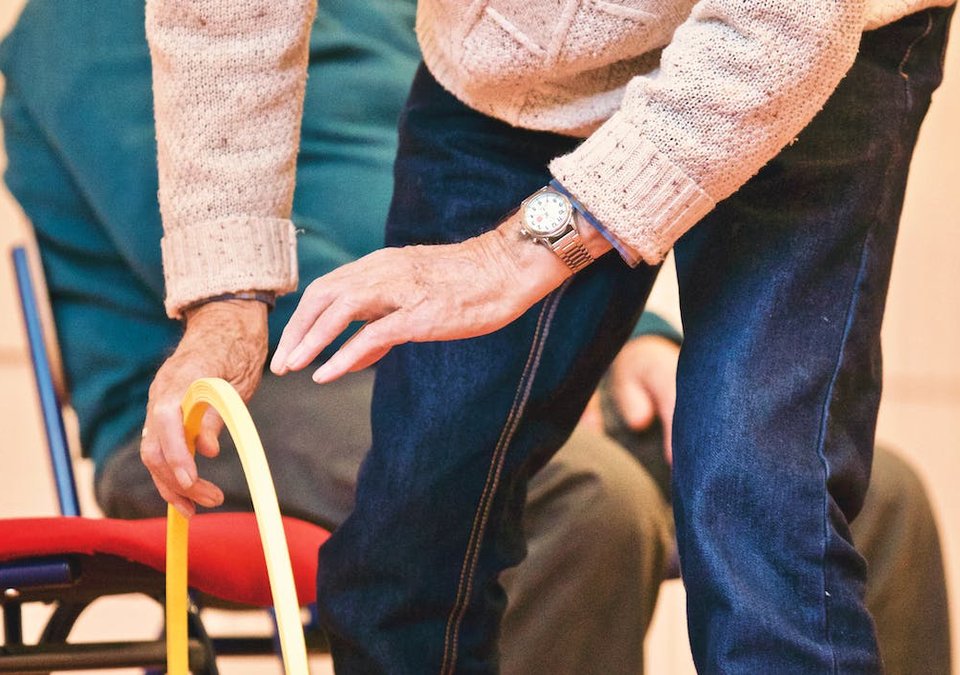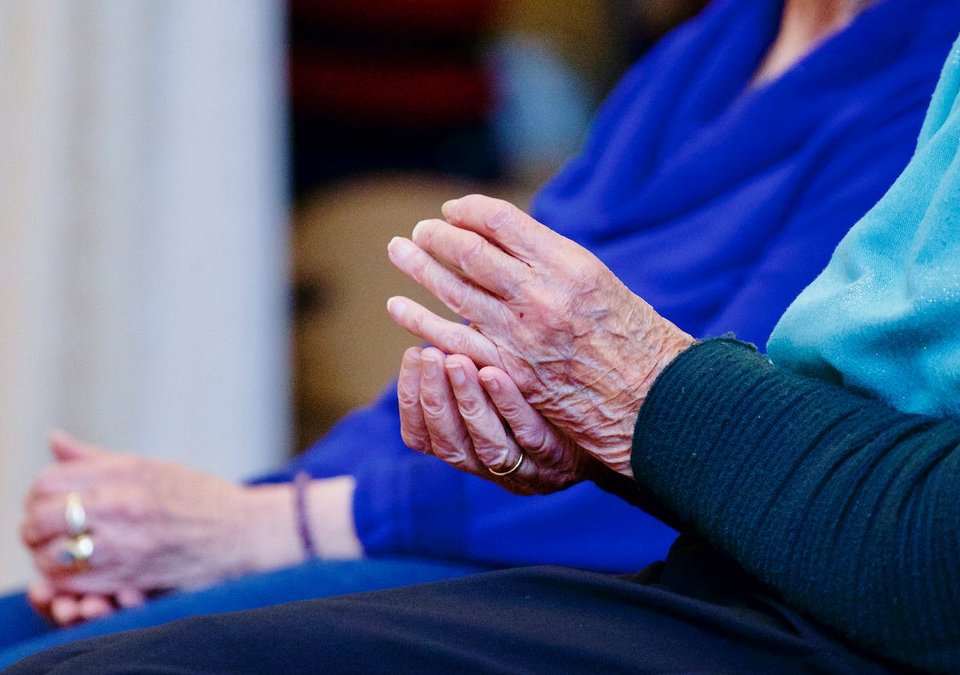Common accidents that occur in a care home
Some of the most common accidents that can occur in a care home environment, according to the Care Quality Commission are listed below:
Slips, trip and falls
Slips, trips and falls are by far the most common kind of accident in any setting, and care homes are no exception. Many residential homes use smooth vinyl flooring which can become particularly slippery when wet and lead to an increased risk of slip accidents for residents and visitors alike.
Trailing cables, worn carpets or floor tiles, rickety stairs, debris in corridors, or inadequate lighting can all present a risk, while improper use of equipment, such as not using the safety belt on a shower chair for support, also poses a serious risk of injury.
Where residents are in a confused mental state, falls from windows are not unheard of. Windows should be installed that are too small for people to fit through or they should be fitted with a window restrictor, and window sills should not be designed to be sat on.
Fire risk from use of emollient creams
The unsafe use of emollient creams to help manage dry skin conditions, such as eczema or psoriasis, can result in serious injuries from fire. Emollients are easily transferred from skin on to clothing and bedding and when a fabric with dried-on emollient comes into contact with a naked flame, the resulting fire burns quickly and intensely.
Indeed, earlier this year BUPA was ordered to pay a fine and prosecution costs totalling more than £1 million after it pleaded guilty to breaches of the Regulatory Reform (Fire safety) Order 2005. The prosecution followed the death of a 69-year-old care home resident who died in his wheelchair while smoking unsupervised in a smoking shelter. The court found that he had been prescribed paraffin-based emollient cream, so should therefore have been provided with a smoking apron or been supervised in the shelter.
Burns from hot water or surfaces
Many people who use health and social care services may be vulnerable to injury from hot water or surfaces, often because they have reduced mental capacity, reduced mobility, or a sensory impairment, or because they cannot react appropriately or quickly enough to prevent injury.
Burns can occur if the hot water used for showers or baths is too hot because the temperature has not been regulated, or because hot pipes or radiators are left uncovered or not have been fitted with low temperature heat emitters.
Bed rails
Although used to prevent falls, bed rails can pose other risks. If they are not fitted or positioned properly, they may cause a person’s neck or limbs to become trapped between the rails and the mattress or between the gaps in the bed rails.
Choking
Choking can result in serious or fatal injuries, if for example someone suffers from dysphagia (the medical term for swallowing difficulties). If a person with dysphagia is at risk of choking, they will usually see a speech and language therapist, who should provide a plan for care staff to prepare their food and drink safely.





